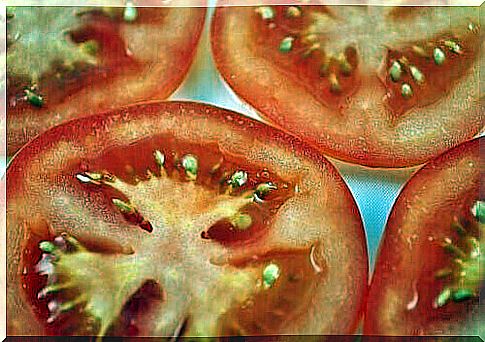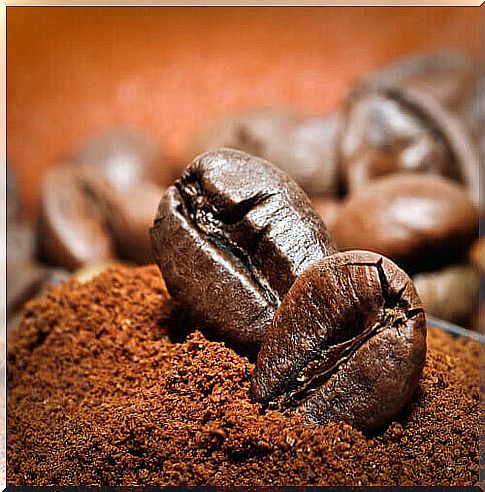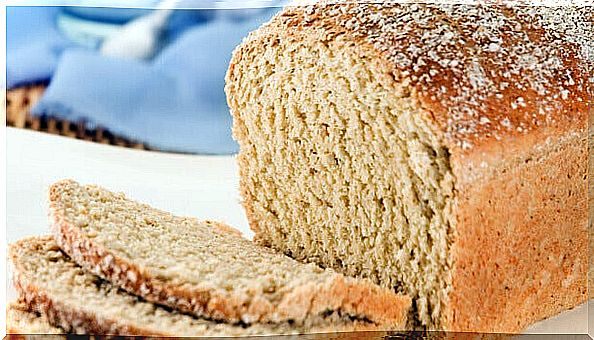11 Foods That Should Not Be In The Fridge

It is true that the refrigerator is the best place to store many of the foods we buy in stores and markets, especially foods we will not use immediately. But there are certain foods that should be in the fridge, because they may lose some of their properties when cooled. They can also get worse faster.
You may store as much food as possible in the refrigerator without realizing that it may change the taste and texture of it. If you are still not sure which foods should or should not be in the refrigerator, we will mention some of them in this article.
Foods that should not be in the fridge
Onion
The best way to preserve onions is to store them in a cool, dry place at room temperature. Onions can easily become a breeding ground for bacteria if they are not stored properly, and in the refrigerator these bacteria can spread more easily.
According to the National Onion Association (NOA) in the United States, onions should be stored in their shells and they must be exposed to air to be able to breathe. The only time they should ever be stored in the refrigerator is when they have already been peeled and cut, in which case they should be stored in a tight container.
Tomatoes

If we store tomatoes in the fridge, they will gradually lose their texture, and eventually we will notice that they have less flavor than when they were bought fresh. According to the National Institute of Agricultural Research, tomatoes will have a reduced level of sugar, acids and other beneficial substances when exposed to colder temperatures, such as in the refrigerator. It is best to store them in a dry place at room temperature.
Potatoes
When you store potatoes in the fridge, they lose their original taste and become soft. Potatoes should be stored unwashed in a cool, dry and well-ventilated area, as exposure to moisture can cause fungi to grow on them.
Coffee

As with so many other foods, coffee is a food that should not be in the refrigerator, but should be stored in a cool, dry place. If you have it in the fridge, it loses both its taste and smell. In addition , coffee easily absorbs odors from other foods. It is recommended to store coffee in an airtight container, and in a dark place if possible.
Garlic
It is best to store garlic and cloves at room temperature, in a cool and dry place. When stored in the refrigerator, garlic loses its good properties and becomes bad faster. While it can last for several months if it is not in the fridge.
Honey

The Beekeepers Association of Ontario (Canada) states that honey should be stored at room temperature in a tight container. When honey is stored in the refrigerator, it will thicken and crystallize faster.
Avocado
Storing avocados in the refrigerator will only delay the ripening time of this fruit. Most of us prefer to eat ripe avocados, so be sure to store them at room temperature.
Bread

One of the most common mistakes people make in trying to preserve their food is to store bread in the refrigerator. In fact, having the bread in the fridge can accelerate how quickly it gets spoiled. It ages faster, and it can also lead to the development of mold. To make your bread last longer, it must be stored at room temperature in a dry and cool place.
Chocolate
You should never store chocolate in the refrigerator either. This is only necessary if it is very hot – the best way to help your chocolate maintain its smell and taste is by having it in a place that is free of moisture and extreme heat.
Pineapple

Cooling the pineapple will only prevent it from ripening. And it makes it lose its flavor. When this fruit is exposed to low temperatures, the enzymes that cause it to ripen are destroyed, and the sweet taste is lost.
Cereals and pasta
It is best to store cereals and in a cool, dry place at room temperature. Low temperatures, such as those in the refrigerator, can cause them to lose their flavor and end up with an unpleasant taste or consistency.









